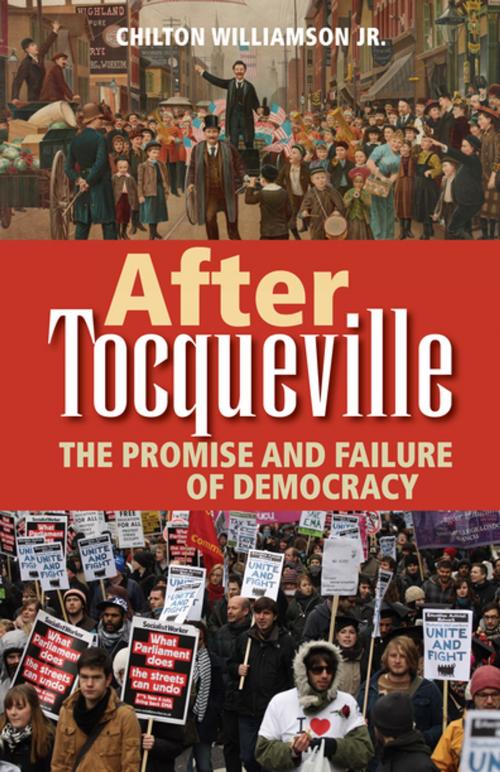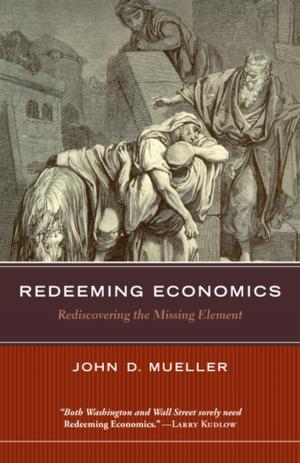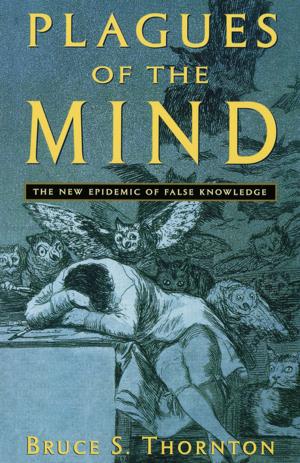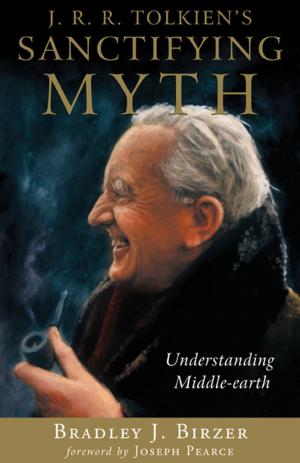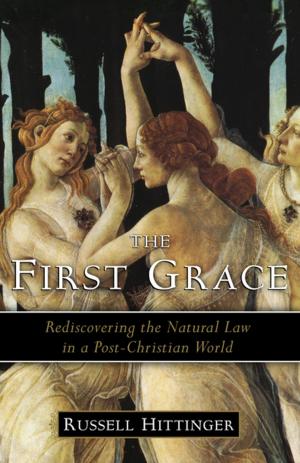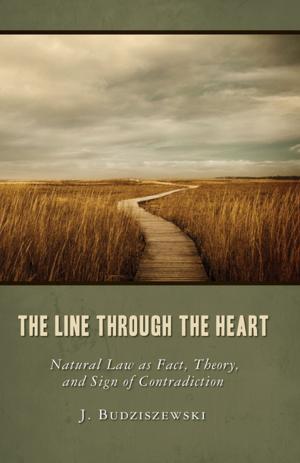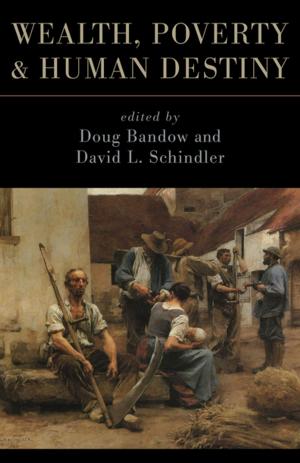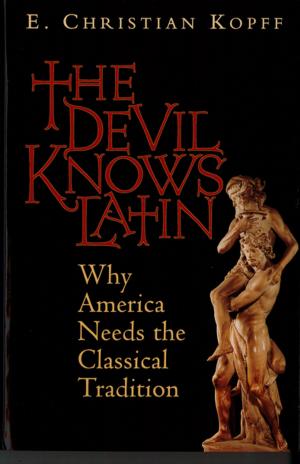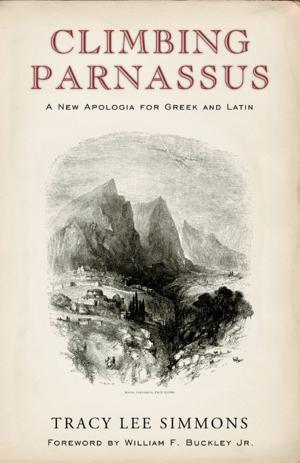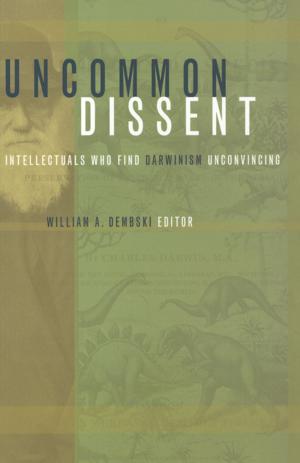After Tocqueville
The Promise and Failure of Democracy
Nonfiction, Social & Cultural Studies, Political Science, Government, Democracy| Author: | Chilton Williamson Jr. | ISBN: | 9781497620780 |
| Publisher: | Intercollegiate Studies Institute (ORD) | Publication: | April 8, 2014 |
| Imprint: | Intercollegiate Studies Institute | Language: | English |
| Author: | Chilton Williamson Jr. |
| ISBN: | 9781497620780 |
| Publisher: | Intercollegiate Studies Institute (ORD) |
| Publication: | April 8, 2014 |
| Imprint: | Intercollegiate Studies Institute |
| Language: | English |
**The End of Democracy? **
The fall of the Berlin Wall. The collapse of the Iron Curtain. The Orange Revolution. The Arab Spring.
The rush of events in recent decades seems to confirm that Alexis de Tocqueville was right: the future belongs to democracy. But take a closer look. The history of democracy since the 1830s, when Tocqueville wrote Democracy in America, reveals a far more complicated picture. And the future, author Chilton Williamson Jr. demonstrates, appears rather unpromising for democratic institutions around the world.
The fall of communism sparked the popular notion that the spread of democracy was inevitable. After Tocqueville challenges this sunny notion. Various aspects of twenty-first-century life that Tocqueville could scarcely have imagined—political, economic, social, religious, intellectual, technological, environmental—militate against democracy, both in developing societies and in the supposedly democratic West.
This piercing, elegantly written book raises crucial questions about the future of democracy.
**The End of Democracy? **
The fall of the Berlin Wall. The collapse of the Iron Curtain. The Orange Revolution. The Arab Spring.
The rush of events in recent decades seems to confirm that Alexis de Tocqueville was right: the future belongs to democracy. But take a closer look. The history of democracy since the 1830s, when Tocqueville wrote Democracy in America, reveals a far more complicated picture. And the future, author Chilton Williamson Jr. demonstrates, appears rather unpromising for democratic institutions around the world.
The fall of communism sparked the popular notion that the spread of democracy was inevitable. After Tocqueville challenges this sunny notion. Various aspects of twenty-first-century life that Tocqueville could scarcely have imagined—political, economic, social, religious, intellectual, technological, environmental—militate against democracy, both in developing societies and in the supposedly democratic West.
This piercing, elegantly written book raises crucial questions about the future of democracy.
